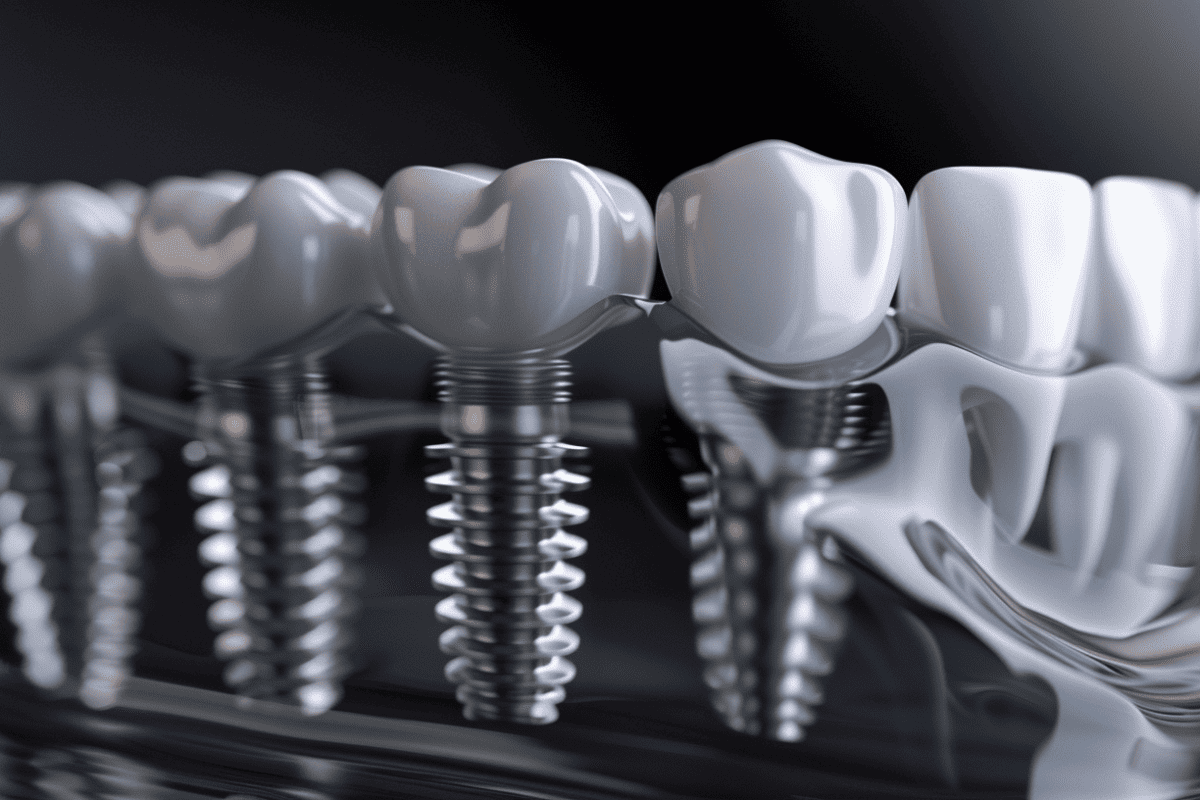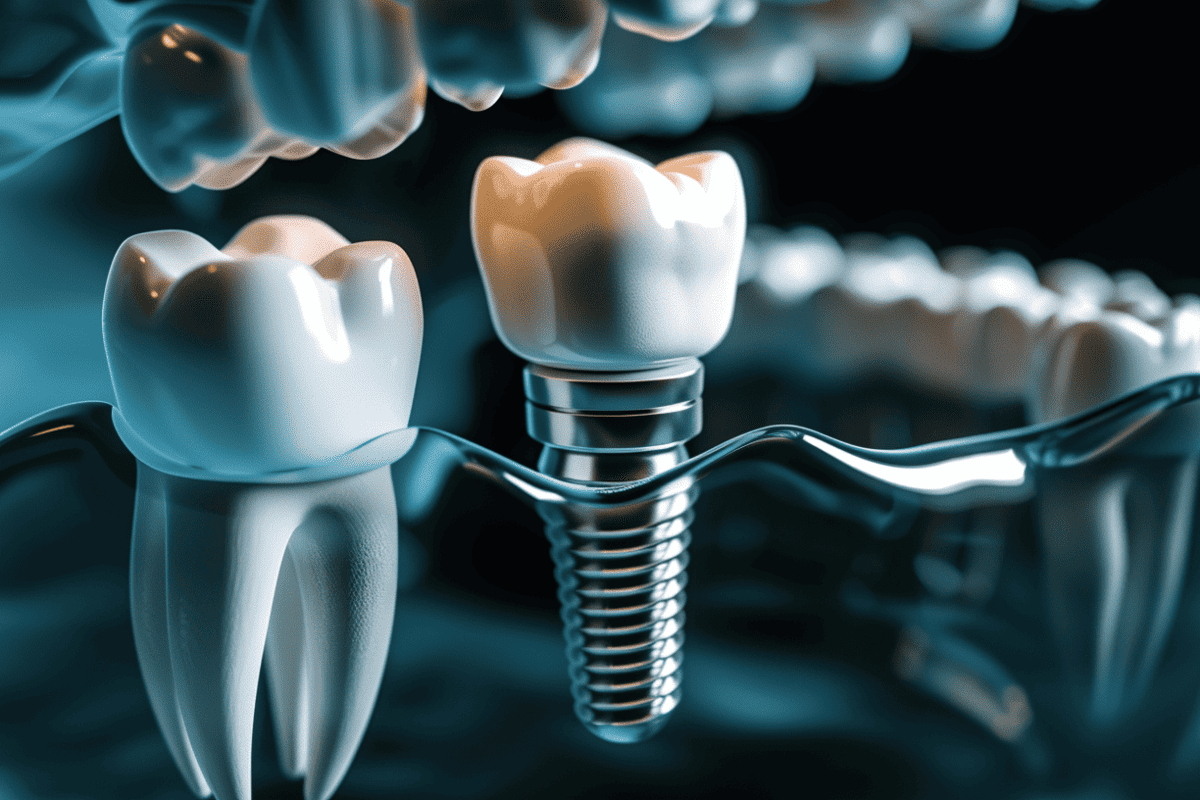We have all heard from dentists about the importance of brushing your teeth twice daily. It may seem like a simple thing to do, but many fail to do this simple routine for their oral health. Even when it’s done, people rush through the process and brush their teeth poorly.
Want to see how it’s supposed to be done? Check out these five teeth brushing tips so that you can ensure a sparkling, healthy smile!
Timing is of the Essence
We all know it’s important to brush in the morning and evening. Yet, it’s easy to want to speed through your oral routine when you’re either keen to dash out the door for work or immediately hit your pillow.
It might seem like you did the right thing by brushing twice daily, but quickly brushing can still result in tooth decay and harm your teeth and gums. It’s recommended that folks brush their teeth for at least two minutes. Ensure you’re using those two minutes to brush your teeth mindfully by getting to hard-to-reach places.
In addition, don’t assume brushing your teeth right after a meal is ideal. It can backfire on you, especially if you just had any acidic drinks or food. When you brush right after food or beverages like that, you will unwittingly create wear on your enamel – which you can’t repair when it’s lost. So, be patient about brushing your teeth after a meal by waiting at least 30 minutes before deciding to brush your teeth.
Adjust Brushing Technique
Brushing can seem like a mindless thing to do. You end up making that same pattern over and over again. Yet, doing so can have you unwittingly neglecting different areas of your mouth. Try switching things up by choosing your starting point randomly, so you can help ensure that all of your teeth get equal attention.
Furthermore, consider the approach you take to brushing your teeth. When brushing your teeth, try brushing your teeth from a 45-degree angle to your teeth. The bristles should direct where your gums and teeth meet while gently massaging in circular motions up and down them. Avoid scrubbing since it can cause gums to recede, resulting from brushing too aggressively.
Brush Beyond Teeth
You might think your teeth are the focal point when brushing. However, you would be surprised how few people neglect other areas of their mouth that contribute to their oral health. Your front teeth usually get the most attention, but you need to give equal if not more attention to your molars, chewing surfaces, the inner sides of your cheeks, and your tongue. Only cleaning certain parts of your mouth are limiting, and clean areas can be affected by places that haven’t been cleaned. So, ensure every nook, cranny, and crevice of your mouth is cleaned properly!
Avoid Undoing the Work Done
Nothing is worse than putting so much work into something and going in vain over a simple mistake. For example, did you know that rinsing your mouth after brushing isn’t helpful?
You would think it makes for a nice finish to your oral routine. But, when you do so, it washes away the fluoride you brushed into your teeth and leaves your teeth unprotected. As a result, you can end up potentially developing possible cavities. It doesn’t only apply to water but also to rinsing with mouthwash.
If you used mouthwash to rinse, stop doing so and only regulate it to being used after eating as means to refresh your breath.
Finding the Right Toothbrush
Finding the right toothbrush can do wonders for how your brush your teeth. For example, if you had a toothbrush that was too short, you may have struggled to reach certain teeth, leaving them vulnerable to tooth decay.
One toothbrush that’s been recommended by various dentists is using an electric toothbrush. Its fast-acting bristles will make it easier to get to the place you wouldn’t get with an ordinary toothbrush and discourage vigorous brushing.
Once you have a new toothbrush that suits you, you should ensure you maintain it properly. That means making sure it’s clean. Don’t leave your toothbrush on the counter or lest you end up brushing more foreign bacteria into your mouth. It would help if you stored your toothbrush upright on a holder or cup to prevent that. Furthermore, when you’re done brushing, ensure you’re rinsing your toothbrush thoroughly. It can easily become a breeding ground for more bacteria!
Regarding bacteria, it’s bound to accumulate over time even with all the maintenance you do for your toothbrush. So, ensure you replace your toothbrush every three to four months for optimal oral care.
Brushing might seem simple enough. Yet, being more mindful of how you go about brushing your teeth can do wonders for your oral health in ways you couldn’t have imagined before!
This is a sponsored post
Digital Health Buzz!
Digital Health Buzz! aims to be the destination of choice when it comes to what’s happening in the digital health world. We are not about news and views, but informative articles and thoughts to apply in your business.


